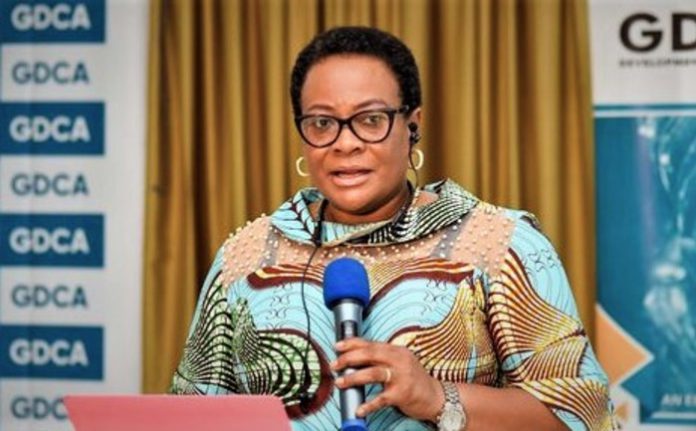
Executive Director of Ghana Integrity Initiative (GII), Mary Awelana Addah, says to reduce serious and organised crime, state agencies should work with civil society organisations (CSOs) to increase public awareness and educate citizens on how to recognise and report crime.
She also stated that citizens must be provided with safe and effective avenues to report crime as well as ensuring that the Witness Protection Act is implemented to provide protection and support to those who report such crimes.
Speaking on JoyNews’ Super Morning Show on February 28, 2024, she noted that the state has a responsibility to ensure that the Witness Protection Agency is properly resourced and empowered to carry out its mandate.
“We haven’t seen anything (from them) so that is an issue that we should be paying attention to. Because, if citizens want to stand on behalf of the state to defend or make contributions to the cases of state, they should be assured that they would be protected,” Mrs Addah said.
Also, the GII Executive Director noted that the Whistleblower Act designed to protect those who report wrongdoing is not widely known or understood by the general public.
According to her, the act also provides compensation for those who report wrongdoing and must be activated.
“We know that in most of the investigative institutions they have another layer of compensation where people who make complaints to them or give them evidence are given some sort of compensation. Let’s activate the whistleblower act compensation so that it bolsters the confidence of citizens to ensure that they are reporting,” she said.
Mrs Addah also mentioned that many organisations can help individuals who want to report serious and organised crime including Corruption Watch, the Ghana Integrity Initiative, and the Advocacy and Legal Centre.
According to her, vote buying is a growing problem in Ghana where voters openly demand money in exchange for their votes.
“We have listened to MP’s on radios saying, if they give one million, I will give two million and yet nothing has happened. In some of those cases, let’s go forward to see how we can pursue some of these and do it very well.”
“The OSP has been doing some of that. I remember they called some of these culprits and they are investigating. That is what we want to see,” she said.
ALSO READ:




